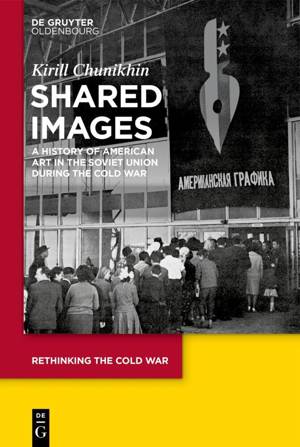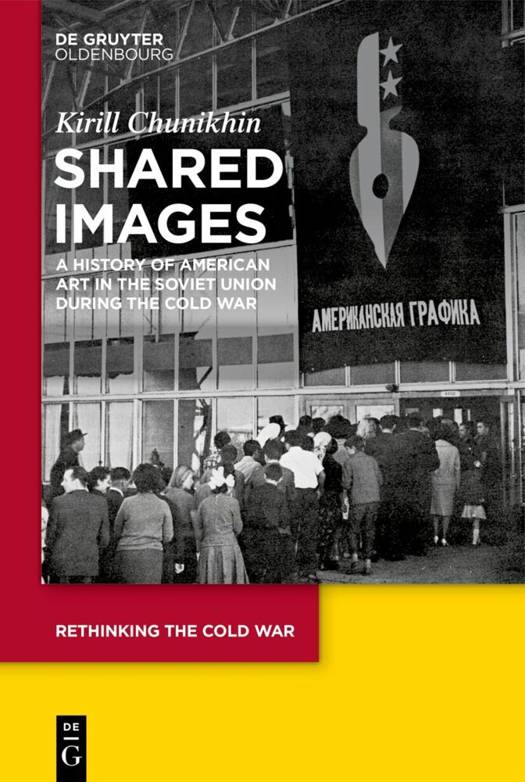
- Retrait gratuit dans votre magasin Club
- 7.000.000 titres dans notre catalogue
- Payer en toute sécurité
- Toujours un magasin près de chez vous
- Retrait gratuit dans votre magasin Club
- 7.000.0000 titres dans notre catalogue
- Payer en toute sécurité
- Toujours un magasin près de chez vous
Description
Who organized numerous exhibitions of American art in the Cold War Soviet Union - and why? Did Americans truly want to "subvert" the Soviet regime with abstraction, and were the Soviets really "afraid" of non-figurative art? And, most noteworthy, can we adequately assess the role of art as a "weapon" of the Cold War? The significance of Shared Images lies in its revision of what, to date, has been a biased, politicized approach to American art and Soviet cultural policies during the Cold War. Shared Images proposes that we write Cold War art history without merely projecting political events onto the art historical timeline and interpolating the logic of Cold War politics into cultural history. Instead, the monograph presents a careful narrative which, along with major political events, also considers individual agencies, affective regimes, and, of course, formative contexts other than the political. Exploring American art as an essentially global phenomenon, the monograph employs the concept of a "shared history" to analyze interconnections and mutual dependence of Soviet and American art histories from the late 1940s to the 1960s. Shared Images, thus, revises narratives on Soviet and American isolationism, allegedly a distinctive feature of Cold War cultures.
Spécifications
Parties prenantes
- Auteur(s) :
- Editeur:
Contenu
- Nombre de pages :
- 231
- Langue:
- Anglais
- Collection :
- Tome:
- n° 14
Caractéristiques
- EAN:
- 9783111388120
- Date de parution :
- 31-03-25
- Format:
- Livre relié
- Format numérique:
- Genaaid
- Dimensions :
- 156 mm x 234 mm
- Poids :
- 503 g

Les avis
Nous publions uniquement les avis qui respectent les conditions requises. Consultez nos conditions pour les avis.






